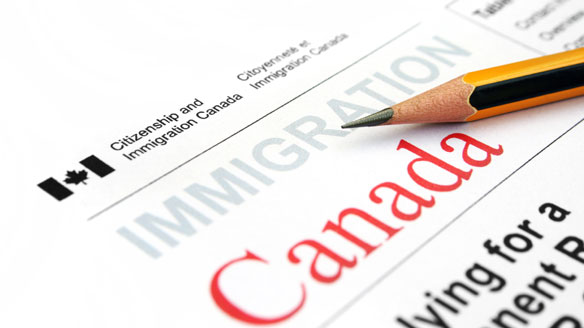The Immigration and Refugee Protection Act (IRPA) is an Act passed by the Parliament of Canada to provide protection to displaced individuals or persons facing persecution in their countries of origin. The Act was given royal assent in 2001 and passed into law on June 28, 2002 to replace the 1976 Immigration Act as the primary legislation for immigration and refugee matters. Basically, the Act provides the core principles and statutes that govern programs dealing in immigration and refugee protection in Canada with regards to the following:

- Legal provisions related to refugee status.
- Sponsorships of immigrants.
- Removal of refugees and illegal immigrants.
- Detention reviews.
- Admissibility hearings of immigration applications.
Objectives of the IRPA
The core objectives of the Immigration and Refugee Protection Act fall into two categories namely immigration objectives and refugee objectives. Immigration objectives include the following:
- Promote social, economic, and cultural benefits of immigration in Canada.
- To strengthen and enrich the Canadian socio-cultural fabric with respect to the nation’s federal, bilingual, and multicultural society.
- To promote the nation’s minority languages.
- To support the prosperity of the Canadian economy through contributions and benefits brought about by immigrants.
- To promote re-union of families in Canada.
- To promote integration of permanent residents into the Canadian society.
- To protect the health and safety of Canadian citizens.
- To uphold and promote principles of international justice with respect to human rights by prohibiting access into the Canadian territory any individual known to be involved in human rights violations and other criminal activities.
With respect to refugees, the IRPA major objectives include:
- To recognize refugee programs and their pursuit to provide protection to displaced or persecuted individuals.
- To fulfill the nation’s legal obligation and commitment to assisting persons in genuine need of replacement.
- To provide fair consideration to persons claiming to be displaced or facing persecution in accordance with Canada’s humanitarian ideals.
Administration of the IRPA
The enabling authority for the IRPA, in most cases, is the Minister of Citizenship and Immigration. However, the Governor in Council may designate responsibility for refugee protection and immigration matters to any minister of the Crown. Further administration of this Act lies in the hands of the Minister of Public Safety and Emergency Preparedness in matters that relate to the following:
- Inspection of every port of entry in Canada.
- Enforcing the Act in issues such as arresting illegal immigrants, detention, and removal of individuals found to be in the country illegally or proved to have lost their right to live in Canada by engaging in criminal activities.
- Formulating policies that govern the Act in matters related to security, human rights violations, and crime.
Lou Petiol is a pre-law student at McGill University, and writes about immigration law. He aims to help inform refugees and other people who want to immigrate to Canada. Immigration law is a complex issue but it helps to be informed.

